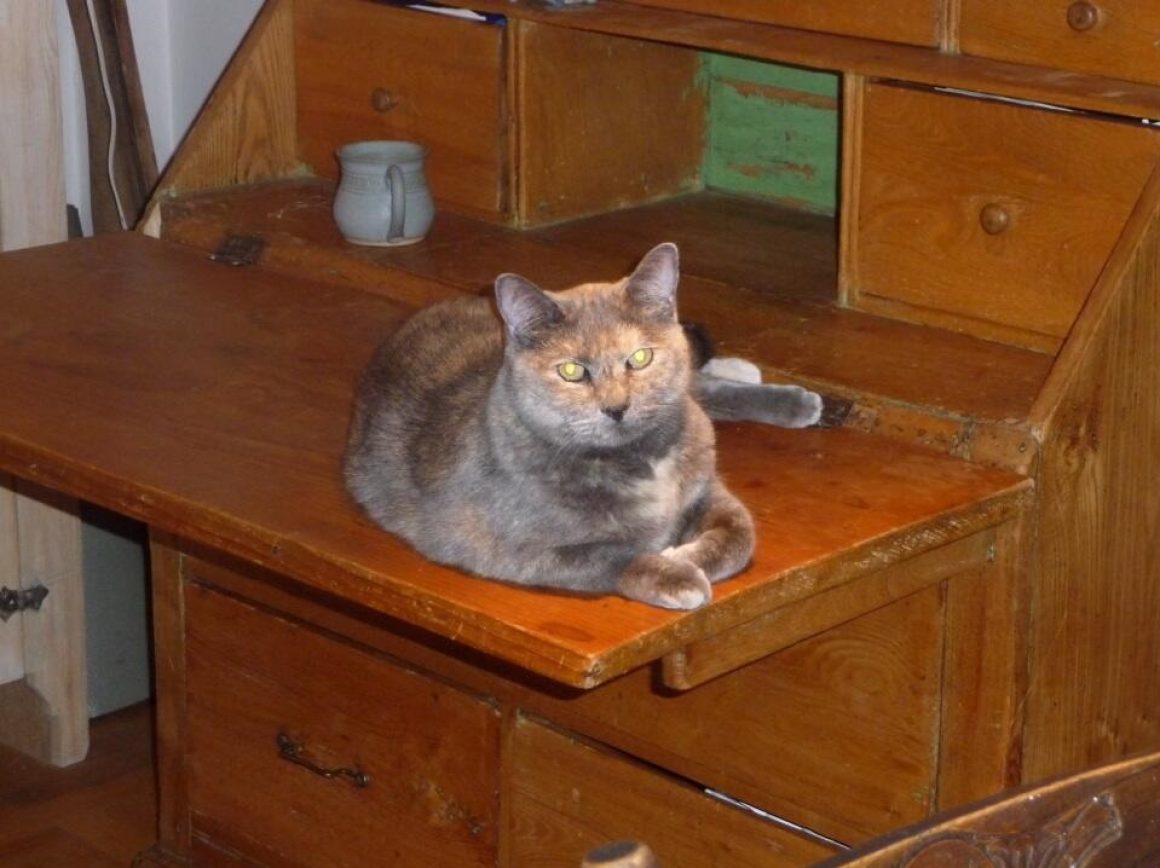The first time I read “The Red Fox Fur Coat,” by Teolinda Gersao (translated by Margaret Jull Costa), I flipped back to the beginning and began to read it again. Perhaps the imagery, so specific, so poetically and precisely conveyed, lead me to want to reenter the world of the story. Or perhaps the events of the story, impossible yet psychologically so real and vivid, compelled me to want to go back to the first sentence. Since then, I have read the story many times.
In “The Red Fox Fur Coat,” a woman, identified only as a “humble bank clerk,” spots a “red fox fur coat in a furrier’s shop window,” and feeling that “this was the coat she had always wanted” makes arrangements to purchase it in three installments. The weight this arrangement will have on her finances is clear when she reflects, “She could always sacrifice her holidays…Or divert some of the money intended for a car loan. She could use less heating, eat smaller meals. It would do her good, really, because she was beginning to put on a bit of weight.”
From the beginning of the story, the woman’s response to the coat is physical. After first spotting the coat, with its “golden, coppery sheen, so bright it looked as if it were on fire,” she “pushed at the door,” the “push” suggesting an eagerness to possess the coat that is just within the woman’s control.
Once she starts making installments, she “visit[s] the shop at night,…and each time the [coat] brought her more joy, each time it was brighter, more fiery, like red flames that did not burn, but were soft on her body, like a thick, ample, enfolding skin that moved when she moved.” In this moment, she is again physically attracted to the coat, but the coat seems to reach out for her as well, to almost wrap itself around her.
Gradually, as she continues to visit the coat at night, admiring it from the street, and imagining her ownership of it, the woman begins to develop the sensory awareness of an animal, becoming, “more alive now, more alert,” able to “sense atmospheric changes long before they happened” and to smell “the earth, the bark of trees, plants leaves…a whole spectrum of smells that came to her on waves through the air.” She becomes intrigued, too, by prey animals, birds, rabbits. All the while, “a hidden hunger ..[gnaws] at her.” The woman’s visceral desire for the coat, her physical need for it, leads to the beginning of an unsettling transformation.
Eventually, the woman, at a party, eats a “slice of meat” and reflects on “the taste of almost raw meat…of making the blood spurt.” The next day, when she picks up the red fox fur coat from the shop, and pulls it on, she, on all fours, “plung[es] off into the depths of the forest.”
On the one hand, the plot is simple: a woman becomes a fox. However, the complexity in the story lies in the answer to these questions: why does she become a fox, and what does it mean that she does?
I read this story (most recently) on the subway. When I exited my car, I couldn’t help but see all the women around me through the lens of the story. As I looked around, it occurred to me that as we women move around in our lives, on the subway, the city streets, the corridors of our homes, from birth to death, our bodies are only ever partially ours. Our bodies our entirely ours, of course, but some men, not seeing it this way, and believing our bodies belong to them, can remind us, viciously, that we are not to think we own our bodies, or rule them.
Jumping back into the world of the “humble bank clerk,” recalling her transformation from woman into a fox, I realized why, perhaps, she had transformed from prey into predator, and why it was so glorious, why she let out a “howl of pleasure and joy” as she [leapt] off into the forest: she was really experiencing the sensation of complete ownership of her body, a primal sensation I have also felt, swimming in the lake or running a trail or standing in the sun, but that in my life, and I suspect in the lives of other girls and women, is usually painfully disrupted.
